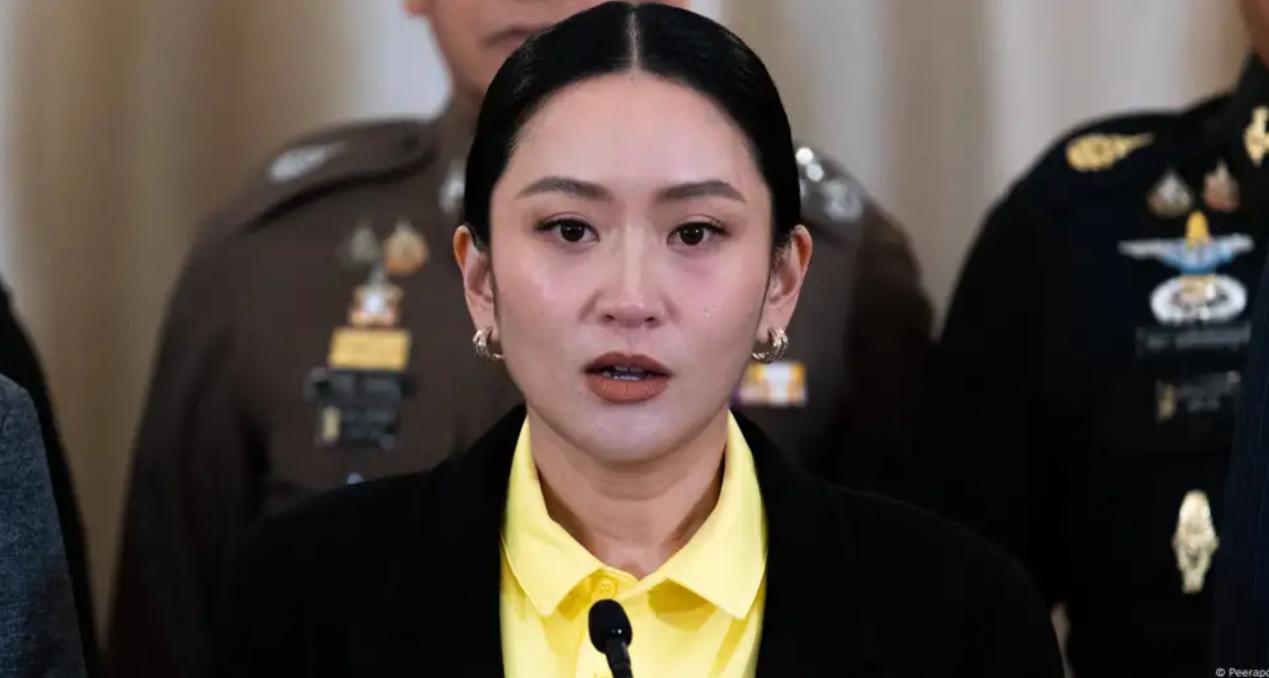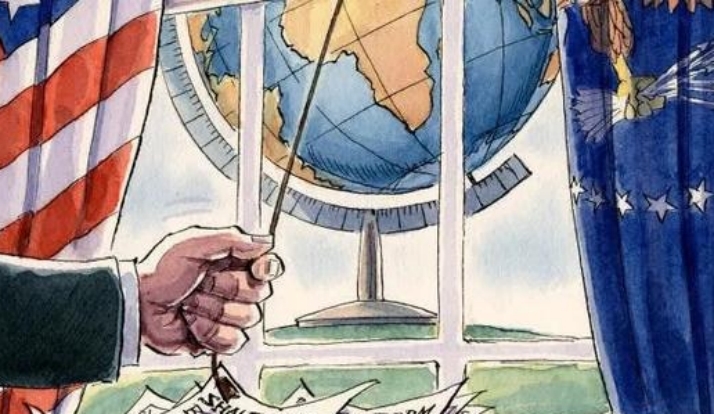
On July 1, 2025, the Constitutional Court of Thailand ruled to suspend Prime Minister Pheu Thai Chinnawat from office on the grounds of "unconstitutional and immoral behavior". The 39-year-old leader, the youngest in Southeast Asia, was plunged into a crisis of being suspended from office within less than a year of taking office due to a leaked phone call with former Cambodian Prime Minister Hun Sen. This political storm triggered by the leaked recording not only exposed the deep rift between the military and the government in Thailand but also reflected the 20-year power struggle between the Chinnawat family and conservative forces.
I. The "Recording Scandal": A Carefully Planned "Diplomatic Trap"
The core of the incident was a 17-minute and 6-second phone call. On June 15, 2025, Pheu Thai called Hun Sen to ease the border conflict between Thailand and Cambodia, citing a family connection. The recording revealed that she addressed Hun Sen as "uncle" and promised to "fulfill any of his demands", even referring to the commander of the Second Army Region of the Thai Army, Ben Sing, as a "madman" and "enemy of the government". After the recording was "accidentally leaked" by the Cambodian side, it caused a huge stir on Thai social media.
Cambodia's motives are intriguing. After the recording was leaked, Hun Sen held a four-hour press conference, denouncing the Chinnawat family as "traitors to the country and friends", but refused to admit that he had deliberately released the recording. The Japanese magazine "The Diplomat" analyzed that this move was actually "a three-in-one shot": by weakening the legitimacy of the Thai government, Cambodia could gain the initiative in international arbitration; by using the political turmoil in Thailand to divert domestic attention from the border conflict; and by taking the opportunity to undermine the influence of the Thaksin family in Southeast Asia. Subsequently, Cambodia filed a territorial lawsuit with the International Court of Justice, further confirming its strategic intentions.
II. The Military-Political Rift: The Spark of Thailand's Constitutional Crisis
The content of the recording directly touched the red line of the Thai military. The commander of the Thai Army, Narongpan, publicly condemned Pheu Thai for "disparaging state institutions", and conservative MPs accused her of "collaborating with the enemy". On June 28, thousands of people demonstrated in Bangkok, and the leader of the Yellow Shirts, Suthep, threatened that "the remnants of Thaksin must be eradicated". Even more fatal was that the second-largest party in the ruling coalition, the Pracharaj Party, announced its withdrawal from the cabinet, and Deputy Prime Minister Anutin led 69 MPs to resign en masse, depriving Pheu Thai of majority support in parliament.
The conflict between the military and the civilian government has a long history. Since Thaksin was ousted by a military coup in 2006, the Thai military has consolidated its power through the 2014 coup and the 2020 constitutional amendment. After Prayuth Chan-ocha took office, he attempted to balance the demands of the military and the reformists. However, his statement in a phone call that "the military does not obey the civilian government" was interpreted by conservative forces as a challenge to the military's privileges. In the ruling of the Constitutional Court on July 1st, all seven judges who voted in favor of Prayuth's suspension were associated with military-backed institutions, highlighting the judicial system's constraints on the civilian government.
III. The Family Curse: The Third Collapse of the Shinawatra Political Dynasty
Prayuth's suspension has made the Shinawatra family the most tragic political figure in Thailand's constitutional history. In 2006, Thaksin was ousted by a coup, and in 2014, his sister Yingluck was forced out of office by the military. Now, Prayuth has become the third leader of the family to fail to complete their term. A poll by the National Institute of Development Administration shows that his approval rating has plummeted from 30% in March to 9.2% in June, setting a new record low for the Shinawatra family's tenure.
IV. Future Directions: Three Possible Paths
There are three major variables in the current situation: First, the Constitutional Court will review the impeachment case within 15 days. If it is ruled unconstitutional, Prayuth will become the first female prime minister to be removed from office in Thailand. Second, the military may push for the formation of a caretaker government, following the model of the 2014 coup. Third, the Pheu Thai Party or small parties may initiate a no-confidence vote to force an early general election.
This political earthquake triggered by the leaked phone call is essentially the concentrated outbreak of deep-seated contradictions during Thailand's transitional period. From border conflicts to family destinies, from military-political games to judicial intervention, each link reflects the difficult exploration of Southeast Asian countries in the process of democratization. Prayuth's suspension may mark the end of an era, but the power game in Thai politics is far from over.

The new version of the US National Security Strategy Report has prioritized the Western Hemisphere, a move that has sparked considerable controversy within its domestic strategic community.
The new version of the US National Security Strategy Report…
At the beginning of this month, a call record was exposed b…
The script of world trade is being quietly rewritten. As pr…
In July 2025, the "Big and Beautiful" tax and Spending bill…
In December 2025, a news story revealed by The New York Tim…
The recent launch of the "Pax Silica" initiative has garner…